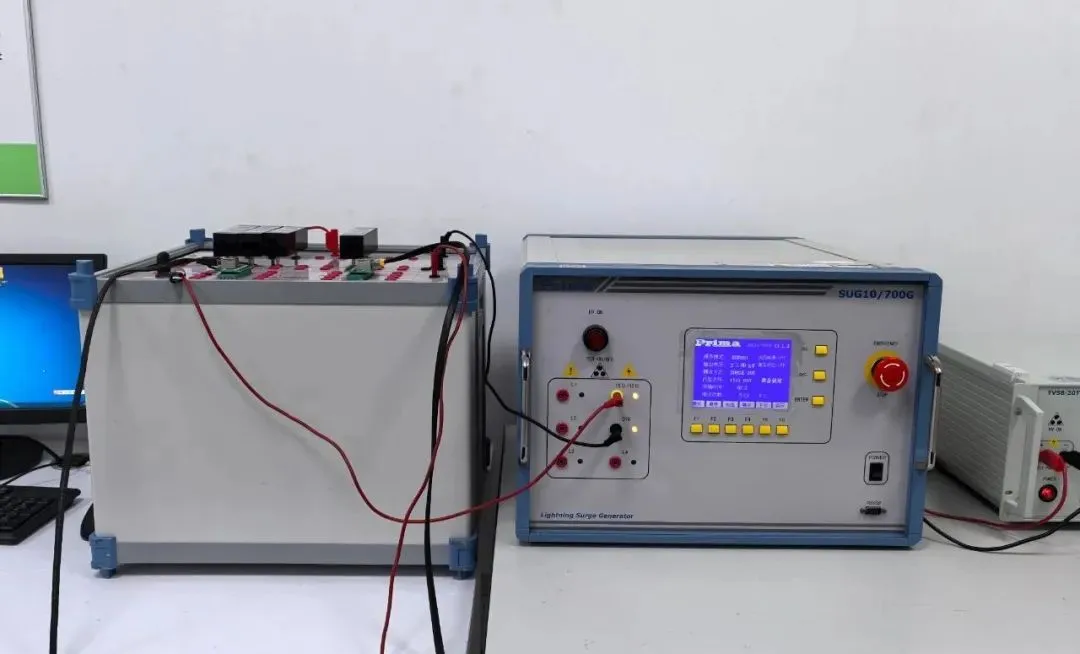
Toys export to the United States certification test
What certifications and tests are required for toy exports to the United States?
In this era of global procurement, brand owners, retailers, importers, and manufacturers face significant challenges, especially in the toy and children's products industry, which is one of the most heavily regULated industries. Non-compliant toys and childcare products pose serious threats to children's health and your business reputation if recalled by authorities.
Summary of U.S. Toy Safety Standards
Product | Testing Requirements
Toys suitable for children 12 years and under (general) | ASTM F 963 Toy Safety Standard
| cpsia testing (Lead, Phthalates)
| cpsia Tracking Label
| Small Parts Warning
| Children's Product Certificate (CPC)
| California Proposition 65
| Legal Mark URN Number Registration (for soft-filled toys)
| Textile Label
| Care Label
| Country of Origin
ASTM F 963
ASTM F963 focuses on reducing potential safety hazards in toys. This standard covers various toys, including balls, plush toys, dolls and action figures, games, baby and preschool toys, ride-on toys, battery-powered toys, projectile toys, and more.
ASTM F963 includes several sections covering safety requirements related to material quality, flammability, toxicology, small objects, accessible edges, sharp points, electrical/thermal energy, and more.
ASTM F963 requires all toys to undergo simulated use and abuse testing procedures, as well as potential hazard assessments. This regulation specifies different requirements for various age limits to reflect the nature of hazards and children's expected ability to cope with these hazards—whether physical, mental, or both.
cpsia testing
The Consumer Product Safety Improvement Act (CPSIA) regulates all children's products sold in the United States. Children's products are defined as those intended for use by children 12 years or younger. CPSIA mandates third-party laboratory testing for each children's product sold in the U.S.
◉ CPSIA Total Lead Content
◉ CPSIA Phthalate Content
CPSIA Tracking Label
Toys must have a CPSIA-required tracking label. The tracking label should include the following information:
◉ Importer Company Name
◉ Production Location
◉ Production Date
◉ Batch Number
Country of Origin
Toys sold in the U.S. must undergo country of origin marking. A permanent country of origin label must be affixed to the product and its packaging. Therefore, stickers are not acceptable.
Electronic Toys
If you plan to sell electronic toys, such as remote-controlled toys, in the U.S., you must be aware of the following regulations and standards in addition to the general toy standards mentioned above:
fcc part 15 (Federal Communications Commission Part 15)
FCC Part 15 regulates electronic toys with a CPU operating frequency of 9 kHz or higher. It also covers most consumer electronic products and electrical equipment imported into the U.S.
FCC Mark
After passing the FCC Part 15 test, you can add the FCC mark to the product and packaging.
FCC Supplier’s Declaration of Conformity (sdoc)
The manufacturer or importer must provide an SDoC for electronic toy products, which should include the following information:
◉ Issuing Company
◉ Address
◉ Telephone/Fax
◉ Product Name
◉ Model Number
◉ Applicable Standard (e.g., FCC Part 15)
◉ Representative’s Signature
◉ Date
U.S. Electrical Product Safety Standards
Electrical product safety standards in the U.S. are voluntary. However, you can apply for the etl certification mark and the UL mark to ensure that your toy products meet electrical safety standards in the U.S. If your imported toy product causes any property damage or personal injury, you are liable. Therefore, you need to ensure product safety before importing to the U.S.
UL Standards
Underwriters Laboratories (UL) sets safety standards for electronic toy products, such as:
UL 696 – Standard for Electric Toys
UL 498 – Standard for Attachment Plugs and Receptacles
UL 83 – Standard for Thermoplastic-Insulated Wires and Cables
Amazon
Amazon typically requires a ul test report to ensure your product's compliance. U.S. retailers also tend to require their suppliers to provide a UL test report.
Wooden Toys
Certain wooden products, including some wooden toys, are regulated by the U.S. Department of Agriculture’s Animal and Plant Health Inspection Service (USDA APHIS). Manufacturers must be approved wooden craft manufacturers. Approved manufacturers meet the facility requirements agreed upon by the U.S. and China. This includes facility sanitation, pest control, material quarantine, traceability, fumigation, and heat treatment requirements:
Quarantine treatment of wooden crafts
Heat treatment and/or fumigation
Clean and orderly production areas
Quality management, such as pest control and traceability systems
Children’s Toys Containing Composite Wood Panels
Certain children’s toys containing composite wood panels (plywood, MDF, particleboard) must obtain EPA/CARB certification.
Email:hello@jjrlab.com
Write your message here and send it to us
 What is the EN 61326-2-3 Standard?
What is the EN 61326-2-3 Standard?
 Why Do Smart Sockets Need IEC 60884 Certification?
Why Do Smart Sockets Need IEC 60884 Certification?
 Why Retest the Device if the 5G Module Already Has
Why Retest the Device if the 5G Module Already Has
 Overview of IEC 62087 Test Standard
Overview of IEC 62087 Test Standard
 CISPR 25 Test Standard Compliance Guide
CISPR 25 Test Standard Compliance Guide
 IEC/UL/CSA 62368-1 Electrical Distance Testing
IEC/UL/CSA 62368-1 Electrical Distance Testing
 Canada Wireless Device IC Certification RSS-210 Te
Canada Wireless Device IC Certification RSS-210 Te
 FCC Part 15.231 for Wireless Remote Controls and S
FCC Part 15.231 for Wireless Remote Controls and S
Leave us a message
24-hour online customer service at any time to respond, so that you worry!




